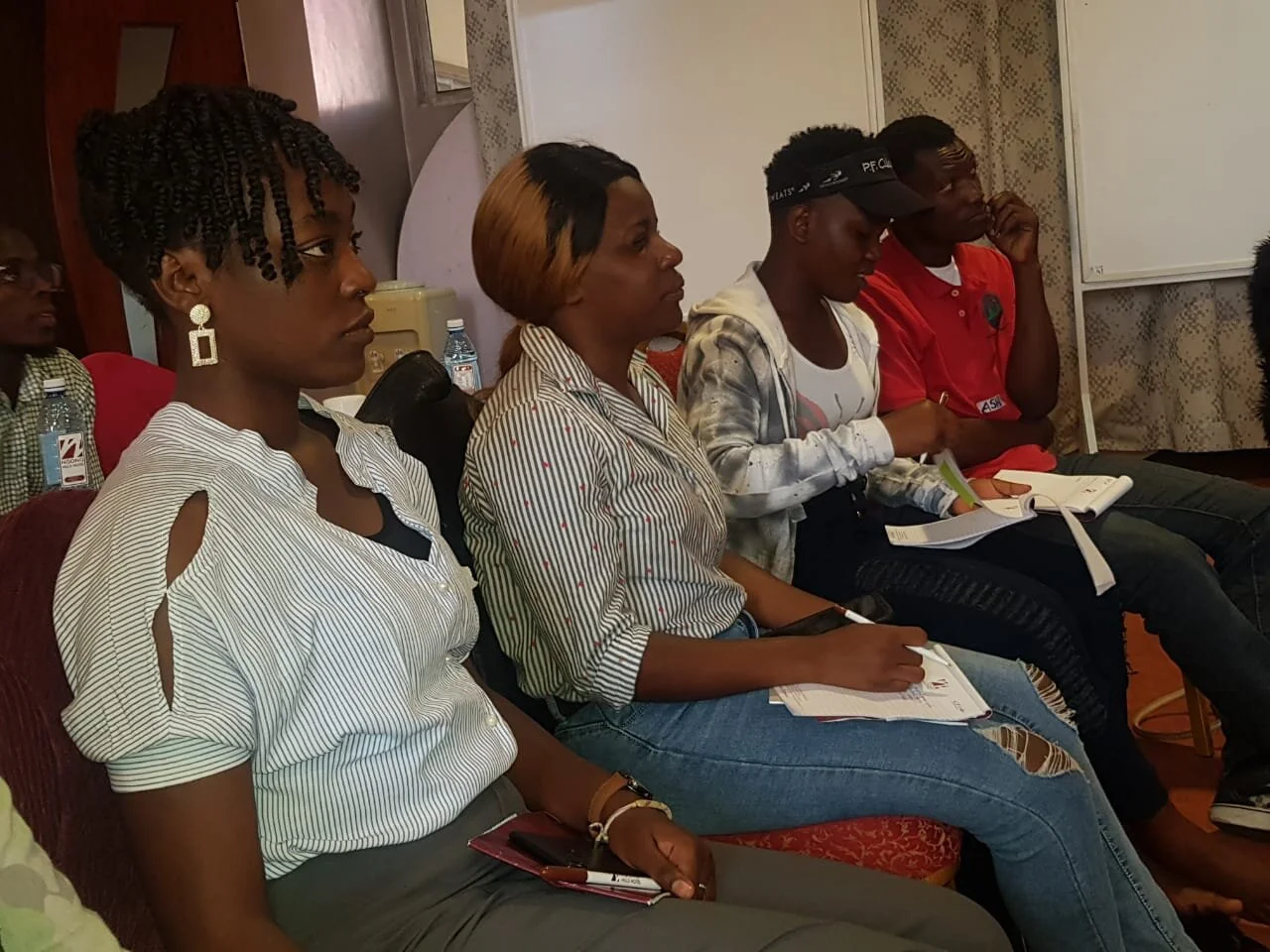Four Ways To Use Your Business For Good
“One of my favorite memories growing up was the day I bought myself an acoustic guitar,” says Deborah Brown. “I didn’t just feel excited. I felt proud. I was going to be in the spotlight.”
Today Deborah, a 2019 Mandela Washington Fellow and creative director of the KidsABILITY Initiative, is applying her talents to help the most vulnerable in Nigeria. In this blog post, Deborah shares four steps any budding professional can take to build a better future today and for years to come.
1. Identify a Need
For Deborah, volunteering with humanitarian organizations in her community set the stage for her future career.
“I worked with underserved populations and with women’s groups and, over the course of my work, I found a need: I wanted to improve their self-esteem. I wanted to help them become economically engaged.”
2. Apply Your Passions
Once Deborah witnessed firsthand the challenges people with disabilities faced in her community, she set out to address them using her creative skills.
“Now I provide informal, educational services to marginalized, out-of-school boys and girls,” Deborah says. “I also run an annual arts and crafts workshop for children with disabilities. It’s through these programs that I’m able to showcase their skills and make schools more inclusive.”
“Seeing the spontaneity of children with disabilities as they engage in the creative arts inspires me to keep advocating for them, to help them thrive,” Deborah says.
3. Seek Out Partners
Deborah acknowledges that she couldn’t help children with disabilities without the support of advocates along the way, both during her studies and in her career.
“ had an academic adviser who was a disability rights activist and researcher,” Deborah says. “With his help, I was able to write my dissertation on vocational training for people with disabilities.”
“I also found that partnering with international organizations helped to build trust in our initiative,” Deborah says.
4. Be Flexible
In response to the COVID-19 outbreak, Deborah was forced to rethink her learning model. With nearly half of the women in her classes unable to access mobile phones, she looked to the radio to continue her programming.
“We decided to engage a local radio station within the community to launch a literacy program for children,” she says.
If there’s a theme in Deborah’s work, it’s the value of lifting others up, irrespective of the costs.
“A perfect world, to me, is a world without hate, without pain, and without suffering,” she says.
For Deborah, a world free of hardship remains a distant vision, but, as she explains, with the help of selfless leaders, of people willing to put the needs of others ahead of their own, we can all take a stand for the most vulnerable.
Interested in building your own leadership skills? Visit our Get Involved page for more tools and resources to advance your career.
The views and opinions expressed here belong to the author or interviewee and do not necessarily reflect those of The Youth Cafe


